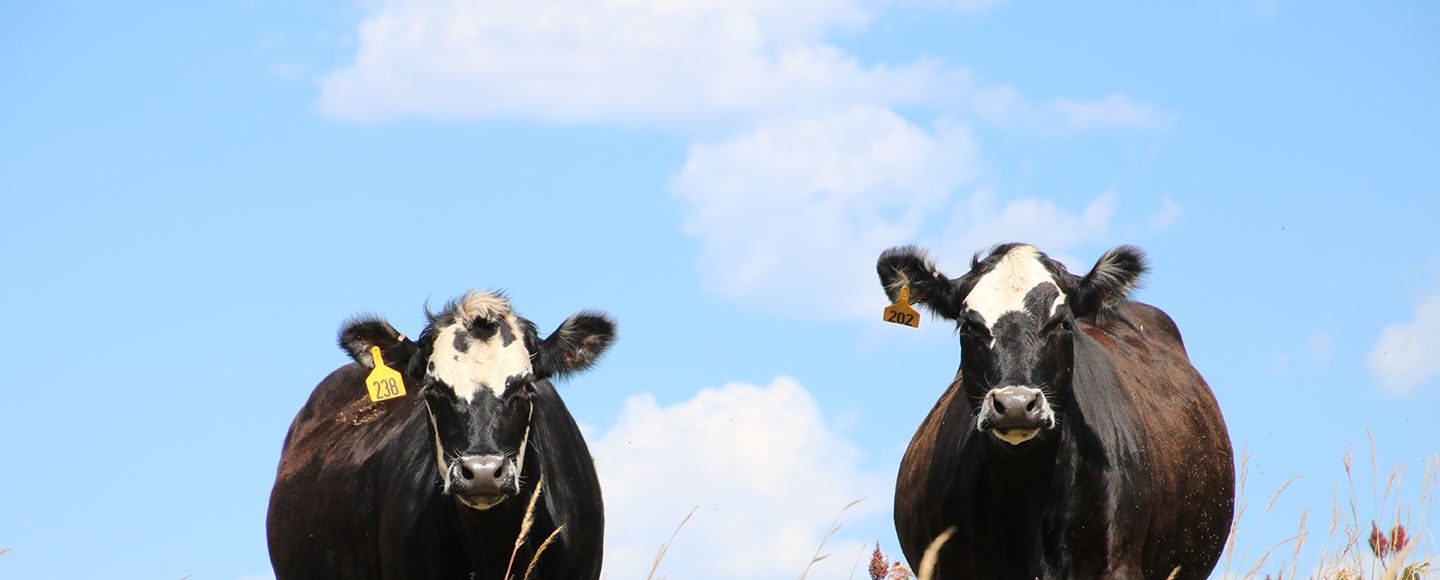
The Direct Interstate Retail Exemption for Certain Transactions (DIRECT) Act was introduced last week. The bipartisan legislation would amend retail exemptions under current law to allow meat processed in state-inspected establishments to be sold across state lines through e-commerce, providing beef producers and local processors alike with more options to market direct-to-consumers, while also maintaining federal food safety standards.
Currently, many states have state meat and poultry inspection (MPI) programs approved by the Food Safety and Inspection Service as “at least equal to” standards set under the Federal Meat Inspection Act (FMIA) and Poultry Products Inspection Act (PPIA). Under the existing framework, however, state-inspected products can only be sold interstate if approved to do so under the Cooperative Interstate Shipping Program (CIS).
The DIRECT Act would amend the retail exemption under the FMIA and PPIA to allow processors, butchers or other retailers to sell normal retail quantities (300 lbs. of beef, 100 lbs. of pork, 27.5 lbs. of lamb) of MPI state-inspected meat online to consumers across state lines. Since DIRECT Act sales are in e-commerce, they are traceable and could easily be recalled. The proposal also includes clear prohibitions on export, keeping the equivalency agreements with trading partners intact. The DIRECT Act will allow states operating under the CIS system to ship and label as they are currently.
“Over the past few months, more Americans looked to e-commerce to purchase essential goods like beef and an already booming online marketplace further evolved to facilitate purchases and meet consumer demands," said NCBA President Marty Smith, a cow-calf producer from Florida "The American beef supply chain must evolve to keep up with the speed of commerce and the demands of modern-day consumers. The National Cattlemen’s Beef Association supports the DIRECT Act because it helps make it easier for the American cattle producer to meet the growing demand of the American consumer to purchase safe and delicious U.S. beef.”